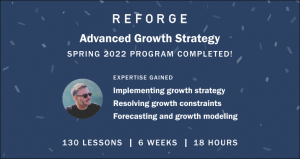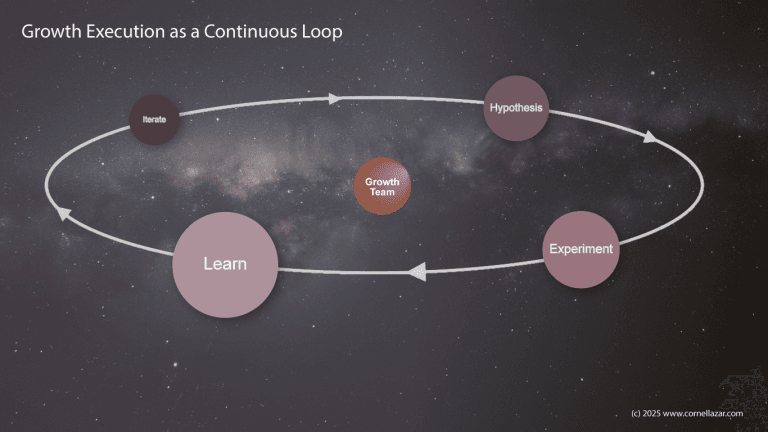This article was originally published on Forbes by Steve Olenski.
With new technologies being introduced seemingly every day and regular new advances in managing and utilizing consumer data on line, it’s getting harder and harder to stay at the cutting edge of marketing technologies. The technology itself is always moving faster than marketers can figure out how to best put it to use.
As we enter another year of new developments and strategies, you’ll fall behind if you don’t have staff and energy devoted to watching out for and taking advantage of new opportunities.
As new data management technologies help us not only to understand individual customers better but to personalize their experience, we need to continue to invest in deepening those relationships and building bonds of intimacy and loyalty with customers. Big data is scary for a lot of people.
It’s an anonymous boogie man that somehow knows so much about us. But if we get rid of that anonymity, if we make these relationships feel not one-sided and creepy but mutual, then we can replace that discomfort with trust and create real consumer investment in our brands.
Making targeted advertising personable can be a tall order. But there are so many tools that already exist to help us add some personality to the individualized marketing and the consumer data that enables it. CMOs in 2018 will need to expand their idea of consumer relationship management to include, not just the relationship between the customer and the brand, but all of the smaller relationships that form the bedrock of that most important connection.
That means focusing on the relationships between customers and employees, between customers and the advertising itself, and between customers and other customers.
Using New Technologies to Better Respond to Customer Needs
We’re starting to see a natural shift toward bringing together marketing and customer service. It should be obvious, but how a customer’s problems are resolved is huge for building relationships with customers. That’s where the rubber meets the road and the customer feels like he or she is interacting personally and directly with the company.
Jason Hennessey, a marketing consultant who’s written for The Washington Post and CBS News, to name a few believes CX and marketing are joined at the hip. “The customer’s experience is probably the most important factor for building brand loyalty and creating that relationship and is undeniably inseparable from marketing.”
Hennessey, who has worked with big brands such as Tax Slayer and LexisNexis as well as smaller brands/law firms including Atlanta Car Accident Lawyer and the Newsome Melton law firm, adds that CX is “the opportunity for a company to convincingly prove itself to be trustworthy and worthwhile for the customer.
The bottom line is 2018 is the time to focus on improving the customer’s experience. New advances in artificial intelligence can be used not just for online chatbots when there isn’t a live representative to assist someone, but to comb through data on customer patterns and behaviors to help foresee issues and ensure a quick, elegant solution. By properly utilizing AI and studying the customer journey with data, we can make customer service more effective and personable.
This is why marketers need to learn how to be knowledge managers in 2018 – not just to manage all the brand information that potential consumers will encounter in advertising, but to manage flows of information so that customers promptly get the knowledge they need and so that data is put to the best possible use.
When something goes wrong for a customer, they need quick and competent help fast. We also can’t miss that opportunity for interaction, either through an AI helper or a human employee. All this technology means we should be able to give personable and professional help, delivered immediately on demand. That’s how a relationship is built.
Getting Personal with AI in Advertising
The biggest opportunity for continuing to invest in customer relationships with marketing in 2018 is through continuing to personalize advertising experiences and target ads for even narrower and narrower purposes and audiences. As the information available through big data grows, along with our ability to effectively access and utilize it through AI, we can target more specific audiences with more specific goals set for conversion.
We can keep finding factors that would identify future potential customers – before their need has become real enough for them to start considering searching for options and marking themselves more clearly as potentially interested customers.
Under such circumstances our goal with a piece of marketing wouldn’t need to be any more complicated than that the potential customer visit the website or that they simply read to the end of an advertisement or some kind of exchange taking place around or regarding the advertisement.
Advances in AI and voice technology like Amazon’s Alexa and the Google Assistant will be the key to a whole new wave of interactive marketing content and mini-user interfaces that pull customers in with original content and immersive relational experiences. Giving your advertising a voice and a personality is a powerful way to humanize your brand and cultivate relationships with potential customers little by little.
Targeting Communities and Dialogue-Centered Marketing
Interactive content doesn’t need to be targeted just to individuals. Marketing targeted to specific communities through internet content on platforms like YouTube, Facebook or others can create opportunities for customer-to-customer relationships that also build up the brand.
Original video content or simply a prompt focused on creating a customer dialogue can give your brand a particular sense of personality as well. Customers engage with the personality of the marketing content by interacting with other potential customers.
More advanced use of AI will help us more effectively target communities and find ways to create meaningful conversation and foster engagement. Just as important as the customer engagement itself is the character of the brand being established. Brand loyalty and product choices in 2018 will continue to be more tied to personal value and belief decisions than in the past as well.
That means that as you take advantage of new technologies and as you start to more effectively use the technologies we already have at our disposal, you’ll need to make tough choices about the content of the brand personality you’ll be sharing through your marketing, if you haven’t made those choices already.














